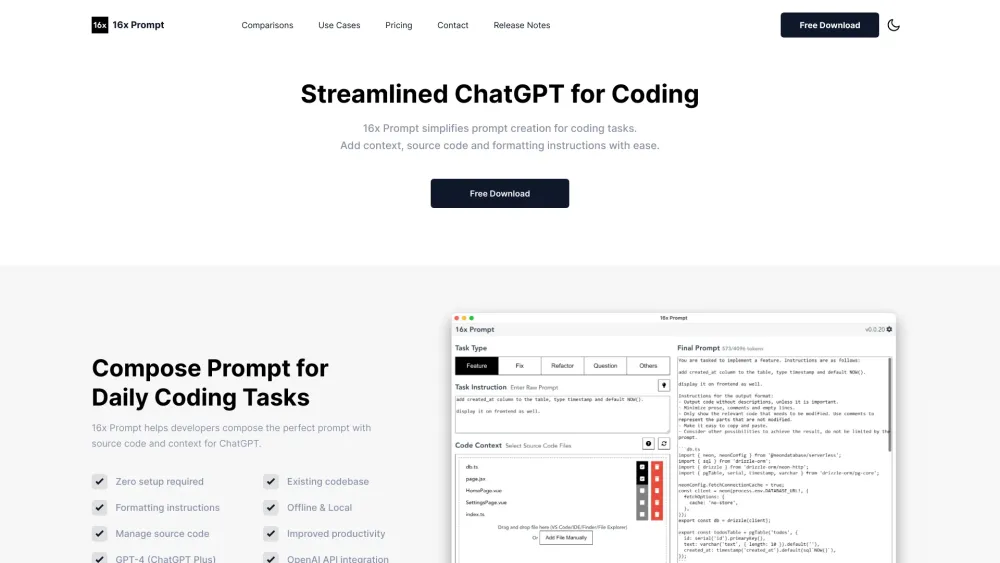UserTesting is enhancing its platform with new AI-driven features that empower organizations to derive deeper insights from user research.
As the name suggests, UserTesting specializes in user research and testing for various products and campaigns. In 2022, UserTesting was acquired by Thoma Bravo for $1.3 billion, merging with UserZoom, a company recognized for its user experience testing solutions. Today, UserTesting introduces the Feedback Engine, leveraging technologies from UserZoom and integrating generative AI to comprehensively analyze user survey feedback.
UserTesting is expanding its generative AI capabilities to provide enriched insights through AI-powered surveys, enhancing trend and theme analysis in user testing operations.
“Previously, we focused on AI for insights summaries and sentiment analysis," said Andy MacMillan, CEO of UserTesting. "Now, we’re introducing a theming concept that enables us to extract themes from open-ended survey responses.”
How Generative AI Enhances User Testing Theme Identification
UserTesting has long provided sentiment analysis tools. Now, with the AI-driven theme generation feature, the platform aims to uncover nuanced understandings of test results.
Leveraging large language models (LLMs), UserTesting analyzes open-ended survey responses to extract key themes. These models are trained on research data, enabling them to understand the context and identify significant themes, concepts, and sentiments for researchers.
Rather than merely flagging keywords or categorizing responses as positive or negative, the AI evaluates the complete text and organizes responses by common topics. This quantifies how many responses fall under each theme, offering researchers a high-level overview of prevailing discussions before they explore individual comments in detail. This approach yields a deeper understanding than standard keyword searches.
In its August 2023 update, UserTesting introduced AI-powered insights that differ from the new theme capabilities.
MacMillan noted that insights are generated from specific tasks participants complete, such as purchasing on a website, focusing on metrics like success rates and drop-off points. In contrast, themes arise from open-ended survey responses, allowing the AI to categorize responses discussing similar concepts, even when different wording is used. This thematic analysis quantifies the prevalence of each theme, offering a broader perspective beyond sentiment alone.
Distinguishing Generative AI Summarization from Genuine AI Insights
Creating summaries from text, audio, or video is a fundamental generative AI capability facilitated by LLMs.
MacMillan emphasized that UserTesting's approach encompasses more than mere generative AI summarization. The company trains its proprietary models using customer experience research data.
This methodology provides organizations with actionable insights that would typically require expert researchers to uncover. UserTesting’s models deliver critical context that generic summarization processes may overlook.
“We have invested years into training machine learning models focusing on sentiment and intent, which are vital in experience research,” he explained. “Our extensive repository of content allows us to train the engine effectively.”






